Showers are notoriously heavy water guzzlers, often consuming more water than any other activity. Organisations such as hotels, gyms, universities and others that provide showers to staff or customers can find that the showers are responsible for a very significant chunk of both their water use and energy bills.
With the looming risk of water shortages within the UK, it has become imperative for all of us to look at ways that we could be using less water. The UK aims to limit water consumption to a maximum of 110 litres per person per day (the current standard is 125 litres per day), emphasising the urgency of adopting sustainable practices. Recent research has shed light on innovative ways to address this challenge, presenting a win-win solution for sustainability.
The University of Surrey has recently conducted some fascinating research on water consumption habits, focusing on shower usage and its environmental implications. By installing Aguardio sensors in 290 showers across the university campus, the researchers were able to monitor shower durations for 39 weeks, gathering data from over 86,000 individual showers. The findings revealed intriguing insights into shower behaviour and its impact on water usage and carbon emissions.
The research uncovered significant variability in shower lengths, with the average duration clocking at 6.7 minutes and a median of 5.7 minutes. While some showers exceeded an hour, the majority fell within the range of 3.3 to 8.8 minutes.
More powerful showers tend to be shorter
One of the key discoveries was the inverse relationship between water pressure and consumption. Contrary to expectations, more powerful showers tended to use less water overall. This observation underscores the importance of understanding user behavior in optimising water usage. It suggests that individuals tend to terminate showers based on subjective sensory satisfaction rather than when they have completed a predetermined set of actions.
Using shower timers can reduce shower length
Additionally, the study investigated the impact of timer devices installed on Aguardio sensors – these devices tell users how long they have been in the shower for. The reseachers covered up the display in half the showers being studied and so were able to compare the shower lengths for those users who could see the timer with those who could not. Results indicated that seeing the timer effectively prevented showers from gradually extending in duration over time, potentially due to an “anchoring” effect on the initial shower length.
Combining the effects of water pressure and timer usage, the research demonstrated a remarkable reduction in water consumption, from nearly 61 litres per shower (low pressure, no timer) to under 17 litres per shower (high pressure, timer). Considering that this water is heated, the potential carbon savings are substantial, with each shower contributing to significant reductions in carbon emissions for the university as a whole.
Encouraging shorter showers has a massive environmental impact
In the 39 weeks of this experiment, the 290 showers burned through 4.4 million litres of hot water, and about 15 tonnes of CO2e – a vast amount. However the implications of these findings extend far beyond the university campus. At a national scale, the water use, energy and carbon footprints associated with shower usage are staggering. By implementing measures to encourage shorter showers and incorporating timer devices, organisations can make meaningful contributions to water conservation and climate action.
This highlights the importance of addressing water consumption habits and their environmental impact. By leveraging technology and behavioural insights, it is possible to achieve significant reductions in water usage and carbon emissions. As the UK strives to mitigate water scarcity and combat climate change, initiatives promoting sustainable shower practices offer a promising pathway towards a more resilient and eco-friendly future.
Find out more
You can read more about this research here.
Talk to us today about how Aguardio shower sensors can help you achieve similar results for your own organisation.




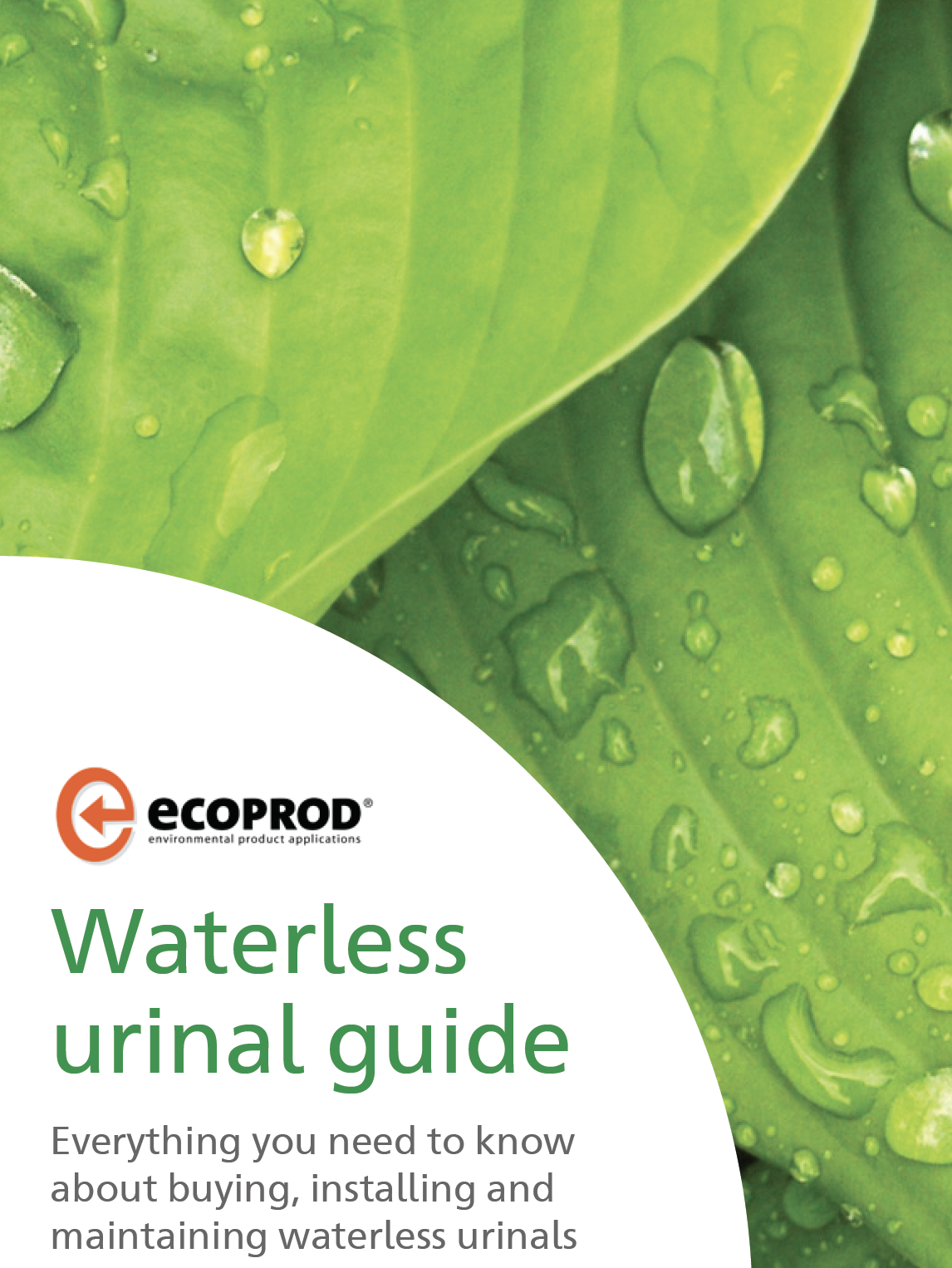


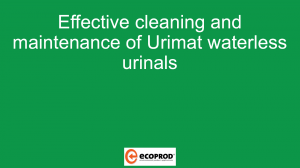





 For the last 8 years Robert Summer – Head of International Sales and Marketing – has developed structured distribution network worldwide for CONTI+ brand. The products offer great benefit for washrooms and shower rooms for public, semi-public and health sector. Today, sustainability, hygiene and smartness are key to CONTI+ solutions. Robert lives the brand and its USPs and loves to support and motivate his team on a daily basis.
For the last 8 years Robert Summer – Head of International Sales and Marketing – has developed structured distribution network worldwide for CONTI+ brand. The products offer great benefit for washrooms and shower rooms for public, semi-public and health sector. Today, sustainability, hygiene and smartness are key to CONTI+ solutions. Robert lives the brand and its USPs and loves to support and motivate his team on a daily basis.





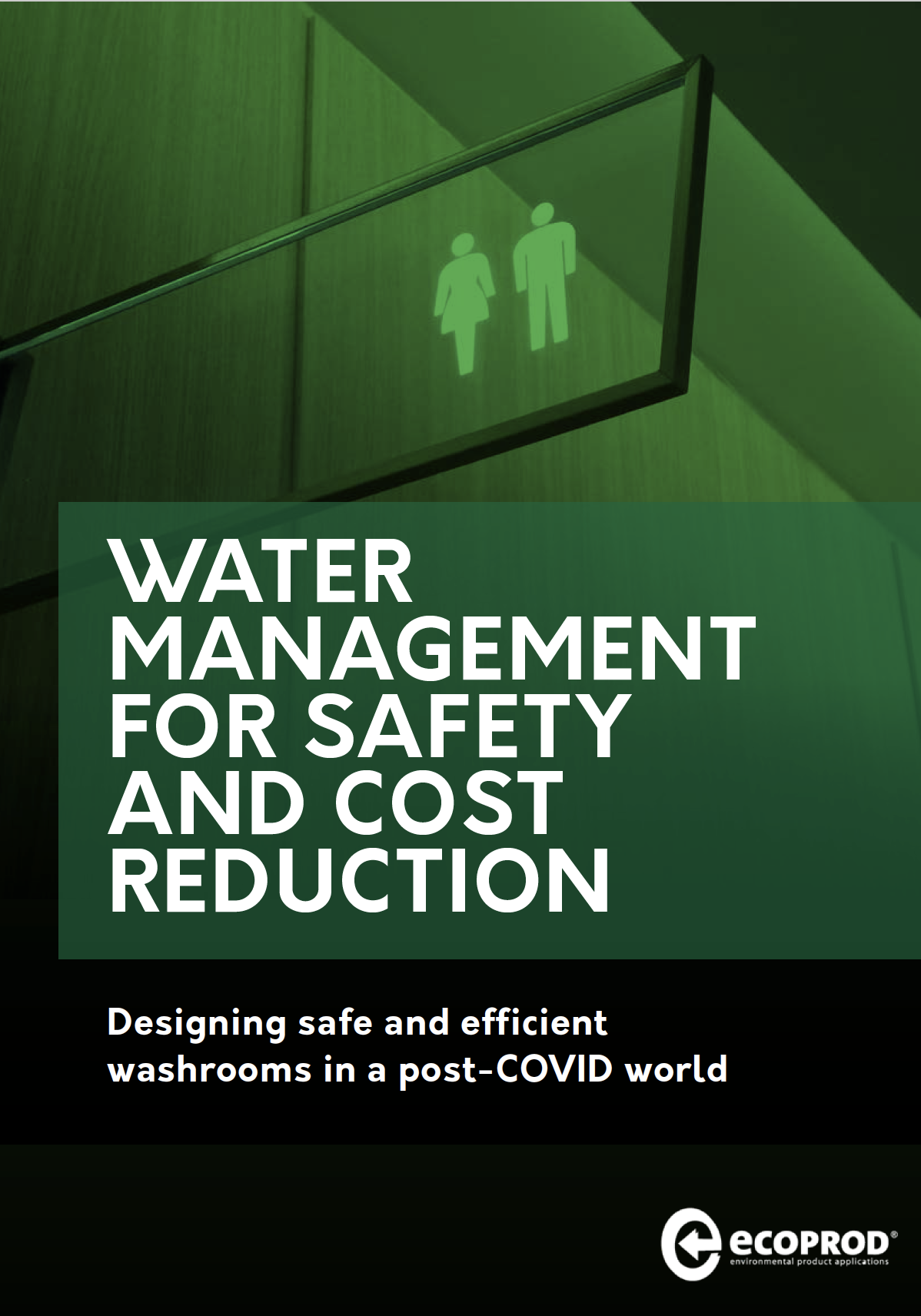

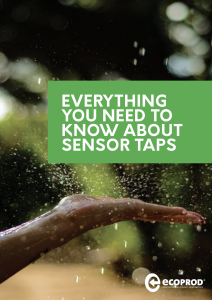


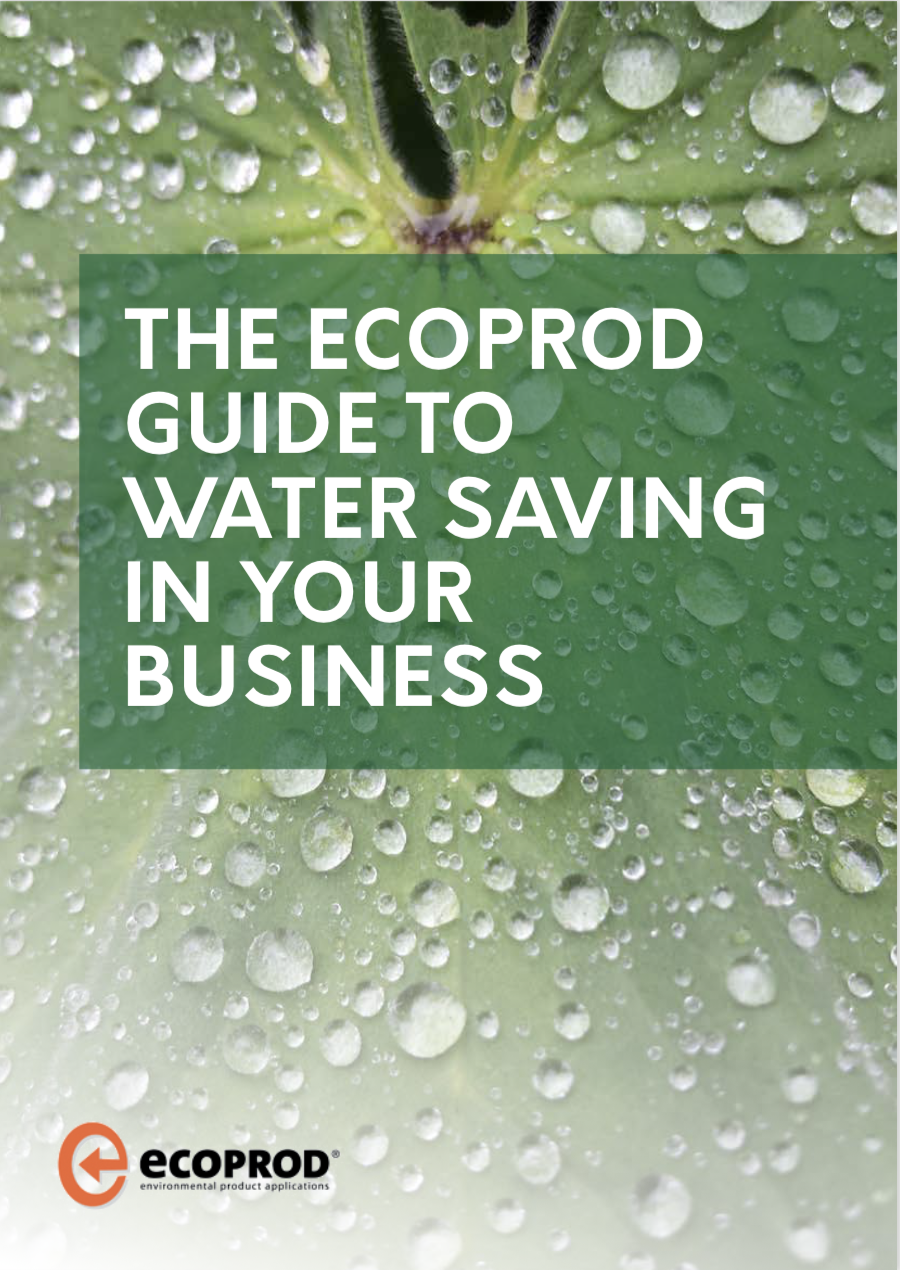
Comments are closed.